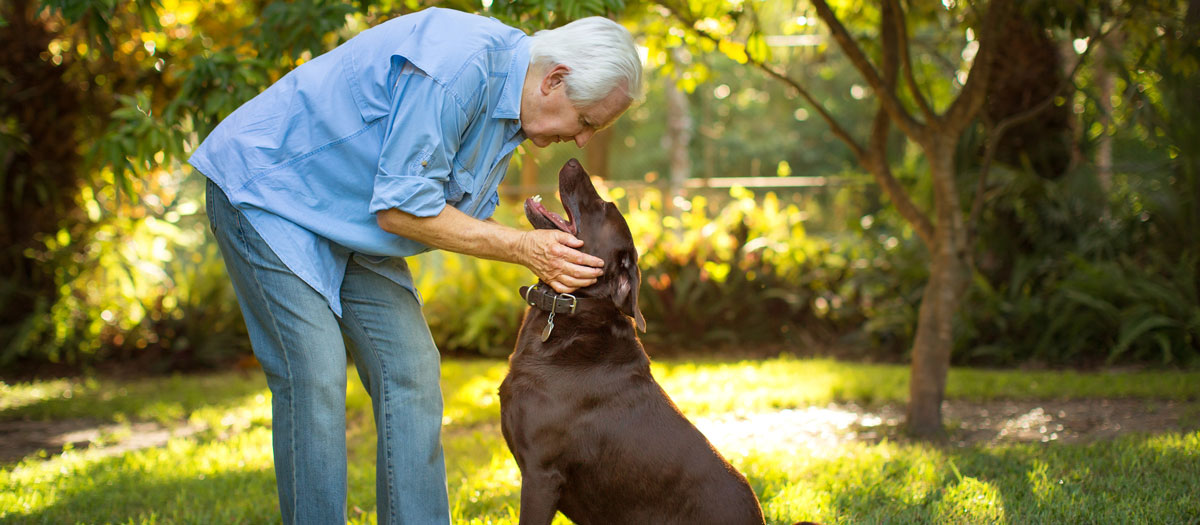Did you know that October is national adopt a shelter dog month? Shelters across the US are opening their doors to prospective dog owners and spreading social media awareness. A total of 3.3 million dogs will enter shelters during 2017 in the United States, according to the American Society for the Prevention of Cruelty to Animals (ASPCA). Because the need for adoption is so great, you might even hear someone suggest that you run down to your local pet shelter to adopt. But before you decide to respond to the urgent need, here are some things you ought to consider.
Benefits of pet ownership
Companionship is an obvious benefit for pet ownership, but there are other benefits too. “Scientific evidence has proven that many health benefits come along with pet ownership,” says Jenna Stregowski, RVT. The benefits might include lower anxiety levels and even lower blood pressure! If you’re an empty nester, pet adoption can be a great way to add some excitement around the house.
If that sounds nice, maybe adopting a shelter dog is the right thing for you. Of course, adoption means responsibility too. Early morning walks and accidents will likely happen, though some dogs are easier than others to manage. In general, shelter dogs are great for seniors. And unlike a puppy, an adult shelter dog may require less attention and come well trained. The choice for where and what to adopt is, of course, up to you.
When considering pet ownership, here are 5 factors to consider:
- Getting a dog is a big commitment
A pet is like a human companion in some ways. It will need your time, your attention and patience and ultimately your money. This commitment is significant, but before you shy away remember the responsibility comes with great reward.
- There is a dog to match your lifestyle – so research the breed
Before committing to a dog, be sure to do your research. For instance, how much space do you have? Larger breeds require larger spaces. Do you live in a community that has restrictions on weight or breed type? It’s best to answer these questions before bringing home a pet. Moreover, the more active the breed, the more active you’ll need to be.
- Don’t be afraid to get help
If you bring home a puppy or an untrained pet, you might be overwhelmed by the pet’s needs. It’s OK to invest in outside help like a dog trainer. Some trainers can work specifically with your needs or your dog breed and will show you how to manage your new pet. Investing in training early could pay long-term benefits.
- Tie the dog to a strict schedule
Whether you invest in a trainer or not, it’s best to tie the dog to a strict schedule. This will prevent unwanted accidents, and help with the dog’s behavior. This routine can be good for you too. Try to walk the dog at least 3 times per day. Doing so will prevent destructive behavior like damaging furniture or barking and whining.
- Dogs require both mental and physical stimulation
Once again, dogs are like humans and require stimulation. Trainers suggest, for instance, puzzle toys like this one (Buy on Amazon). They contain food as a motivator and will help your dog to stay engaged in problem solving. Some toys also help with your pet’s oral hygiene (Buy on Amazon). As a caution, make sure the toy is pet safe to prevent choking, etc.
Man’s best friend
A new dog can be an exciting commitment, and the companionship will be tied with health benefits. Understanding the commitment, finding the right breed, getting help and taking good care of your pet is definitely manageable. And remember, no matter what anyone says, old dogs can learn new tricks.


